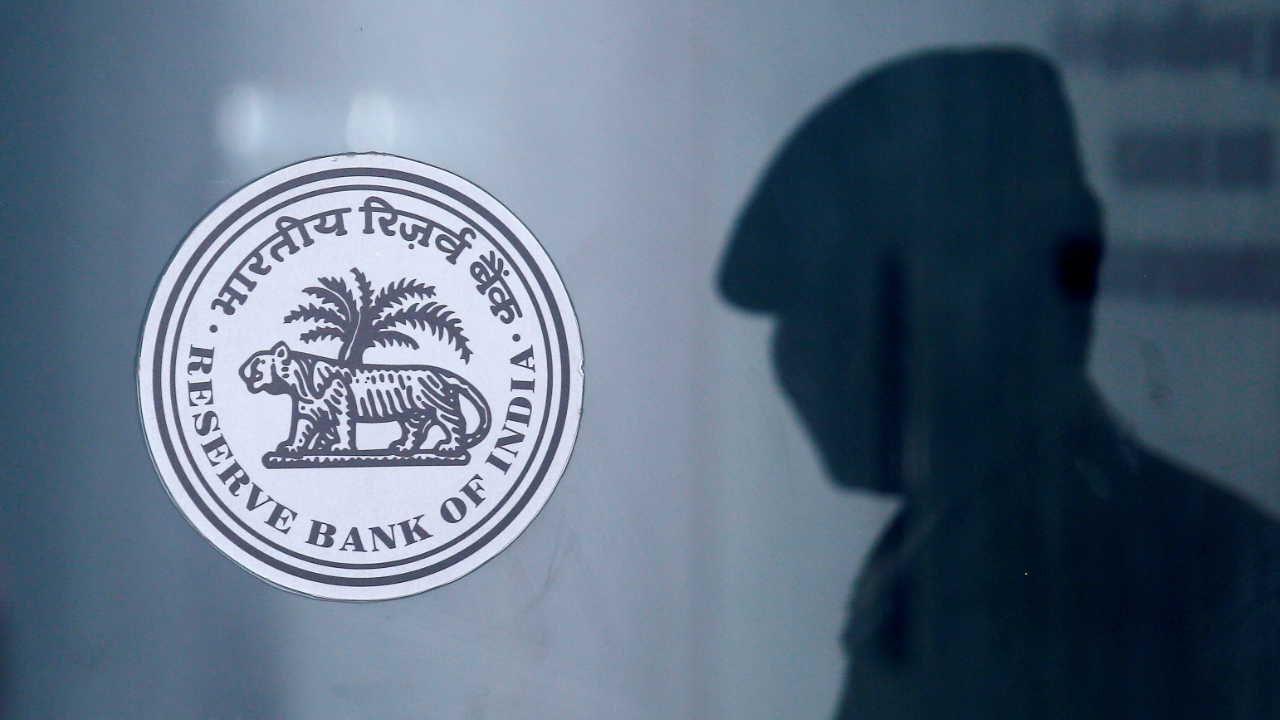The Reserve Bank of India announced an extension of the timeline for the processing of recurring transactions from six months to 30 September 2021. With many banks failing to comply with the directives, including the top lenders, the Reserve Bank decided to extend the implementation date of the guidelines for recurring online transactions. In this article, let’s take a look at this development.
Background
RBI issued a framework for processing e-mandate on recurring online transactions. This framework initially applied to cards and wallets, but in January last year the framework was also extended to cover integrated payment interface transactions.
The additional factor of authentication requirement has made digital payments safe and secure in India. With customer security and convenience in the use of recurring online transactions, the framework extended the use of the additional factor of authentication during registration and earlier transactions (to the extent of Rs 2000, with rest for subsequent transactions, up to Rs 5000), and prior Transaction notification, mandate withdrawal facility, etc.
The major motive behind this framework was to protect customers from fraud and to hear about customer convenience. Extending the timeline to 31 March 2021, based on the request of the Association of Indian Banks to allow banks to complete migration, RBI advised stakeholders to migrate to the framework by 31 March 2021 in December last year. Therefore, sufficient time was provided to the stakeholders to follow the guidelines.
Although, it was noted that the framework was not fully implemented even after extending the deadline. The RBI stated that this compliance has been noted with grave concern and will be dealt with separately. It is further noted that implementation delays by some stakeholders led to potential large-scale customer inconvenience and default conditions. Therefore the Reserve Bank, with the aim of preventing any inconvenience to the customers, decided to push the timeline for stakeholders to migrate to the framework by six months by 30 September 2021.
RBI Required Mandatory Points for Recurring Online Transactions
The following mandatory points may be noted:
- Beginning in October, if you have set the option of auto payment for recurring transactions, you will need additional authentication as per the rules issued by the Reserve Bank.
- As a relief for bank customers, RBI has raised the limit of recurring transactions to Rs 5000.
- This means that if you have a recurring auto payment of more than Rs 5000, you will receive an OTP from your bank, and once the OTP is certified, the payment will be deducted.
- The new RBI rules will apply to transactions made using all types of cards. This means that when you have a registered debit card or credit card for auto payment, you will need an additional factor of authentication if the transaction is worth more than Rs 5000.
- All types of prepaid payment instruments, including wallets, are included in the scope of the new RBI regulations. This means that any recurring payment of more than Rs 5000 through it will require additional authentication.
- The Reserve Bank has in the past introduced a number of security and security measures for payment via card, and now the UPI has also been included under the requirement for additional authentication.
- As the new RBI rule, it will allow banks to send notifications to their customers 24 hours for auto payments for recurring transactions.
- Customers will be provided with the option to select the mode of notification they wish to receive at the time of registering the e-mandate for recurring auto payments.
Banks Ready for the Change of Recurring Online Transactions
For banks and payment institutions, this change is nothing short of a tough challenge where they need to overhaul existing recurring payment flows and maintain standardization for easy execution of payments.
Officials at fintech firms said the industry sought a further expansion because of the infrastructure burden on merchant partners, banks and payment processors. He said that banks have a difficult task with the infrastructure population already upgrading their systems and standardizing payment flows for the Reserve Bank’s new mandate for recurring payments. In addition, the payment failure risk increases in case of any fault in the system, which will affect customer confidence on recurring payments.
HDFC claimed that it completed the development of a common e-mandate platform and is working jointly with merchants to enable it to live for its customers as soon as possible. An official of the State Bank of India said that the bank does not have an auto-charge facility on its debit card and is now installing a new structure.
Conclusion
The Reserve Bank of India, as a one-time measure, has extended the timeline to ensure full compliance with the new framework. It may be noted that during the extended timeline, no new mandates for recurring online transactions will be registered by stakeholders unless the mandates are in line with the framework. The RBI warned that any further delay in following the framework beyond the above timeline would attract stringent supervisory action.

